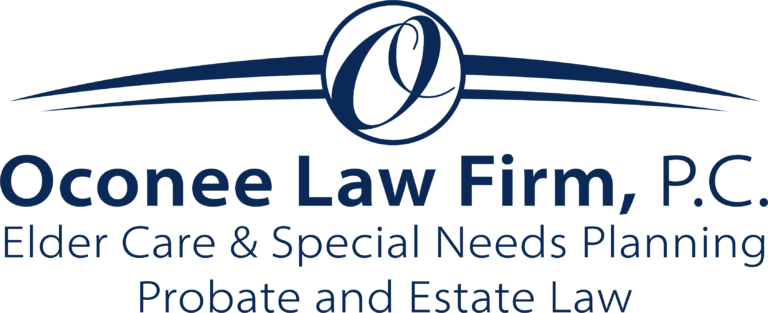What Not to Do when Creating an Estate Plan
Having a good estate plan is critical to ensure that your family is well taken care of after you are gone. Working with an experienced estate planning attorney remains the best way to be sure that your assets are distributed as you want and in the most tax-efficient way possible. A recent article titled “Estate Planning mistakes to avoid” from Urology Times looks at the fine points.
An out-of-date estate plan. Life is all about change. Your estate plan needs to reflect those changes. Just as you prepare taxes every year, your estate plan should be reviewed every year. Here are trigger events that should also spur a review:
- Parents die and can no longer be beneficiaries or guardians of minor children.
- Children marry or divorce or have children of their own.
- Your own remarriage or divorce.
- A significant change in your asset levels, good or bad.
- Buying or selling real estate or other large transactions.
Neglecting to update an estate plan correctly. Scratching out a provision in a will and initialing it does not make the change valid. This never works, no matter what your know-it-all brother-in-law says. If you want to make a change, visit an estate planning attorney.
Relying on joint tenancy to avoid probate. When you bought your home, someone probably advised you to title the home using joint tenancy to avoid probate. That only works when the first spouse dies. When the surviving spouse dies, they own the home entirely. The home goes through probate.
Failing to coordinate your will and trusts. All your wills and trusts and any other estate planning documents need to be reviewed to be sure they work together. If you create a trust and transfer assets to it, but your will states that the asset now held in the trust should be gifted to a nephew, then you’ve opened the door to delays, family dissent and possibly litigation.
Not titling assets correctly. How assets are titled reflects their ownership. If your home, bank accounts, investment accounts, retirement accounts, vehicles and other properties are titled properly, you’ve done your homework. Next, check on beneficiary designations for any asset. Beneficiary designations allow assets to pass directly to the beneficiary. Review these designations annually. If your will says one thing and the beneficiary designation says another, the beneficiary designation wins.
Not naming successor or contingent beneficiaries. If you’ve named a beneficiary on an account—such as your life insurance—and the beneficiary dies, the proceeds could go to your estate and become taxable. Naming an alternate and successor for all the key roles in your estate plan, including beneficiaries, trustees and guardians, offers another layer of certainty to your estate plan.
Neglecting to address health care directives. It may be easier to decide who gets the family vacation home than who will decide to keep you on or take you off life-support systems. However, this is necessary to protect your wishes and prevent family disasters. Health care proxy, advance care directive and end-of-life planning documents tell your loved ones what your wishes are. Without them, the family may be left guessing what to do.
Forgetting to update Power of Attorney. Review this critical document to be sure of two things: the person you named to manage your affairs is still the person you want, and the documents are relatively recent. Some financial institutions balk at older POA forms, and others will outright refuse to accept them. Some states, like New York, have changed POA rules to make it harder for POAs to be denied, but in other states there still can be problems, if the POA is old.
Reference: Urology Times (July 29, 2021) “Estate Planning mistakes to avoid”
Suggested Key Words: Estate Planning Attorney, Assets, Power of Attorney, Joint Tenancy, Health Care Directives, Beneficiaries, Will, Trusts, Successor, Surviving Spouse, Probate, POA

